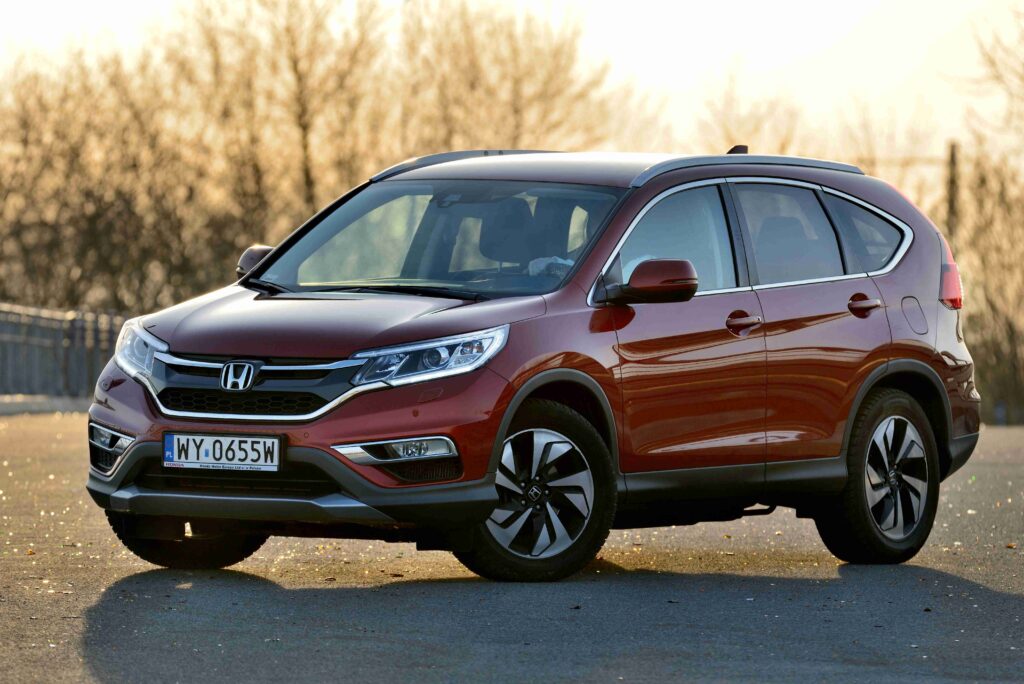Honda Recalls
When a manufacturer determines that a certain Honda model has a safety related defect, they issue a recall by notifying the owners about the Honda Recalls. Manufacturers are required to fix the problem by repairing it, replacing it, offering a refund, or in rare cases repurchasing the vehicle.
What Happens When Your Honda Is Recalled?
If a car is subject to a recall, the Honda manufacturer will issue a safety recall, sending a letter to your home. Usually, the letter will instruct you to call the auto dealer that sold you your car. After, you’ll want to set up an appointment with the service department for a mechanic to repair your vehicle.
The car recall letter should include information on potential warning signs for you to look for in your vehicle. The same risks associated with driving the vehicle, descriptions of the recall and guidance on what to do next. If you don’t receive a recall letter, you can go to NHTSA and search their database for recalls. To search their database, you’ll need your vehicle identification number, which you can find in several places on your car.
Some manufacturers’ recall programs might provide a loaner while the dealership repairs your car. If yours does, they will include information in your recall letter. Sometimes dealerships will provide loaners, depending on their policies and the recall program, but it’s best to find out before you schedule your recall repair.
Do I Have To Pay To Get My Honda Recall Fixed?
The issue will be fixed by the manufacturer at no cost if there’s a recall issue. In some cases, they may even cover any related labor costs incurred during the process as well. So, while having a recall on your Honda is certainly not ideal, know that you don’t need to worry about the cost.
What Happens If I Ignore A Recall?
Ignoring a recall can pose safety risks. Manufacturers issue recalls addressing potential hazards and delaying or ignoring them could result in accidents or increased damage. It’s crucial to schedule and complete the recommended repairs promptly.
Do Honda Recalls Expire?
No. Automotive safety recalls do not expire. Vehicle recalls do not have an expiration date. However, it can be challenging to schedule a repair if the manufacturer goes out of business or discontinues the part. That’s why, along with safety reasons, it’s important to take care of recall repairs as soon as possible.
How Long Does It Take To Fix A Recall?
It is a common misconception that car recalls are only necessary for major mechanical repairs. In fact, many times they may only require a simple software update or a minor adjustment to an existing part. The answer depends largely on the complexity of the repair and the availability of parts required to complete the job. Generally speaking, most recalls can be completed in relatively short order if all of the necessary parts are available. However, some high-level repairs could take longer due to their more complicated nature.
If there is just a software update needed, this should generally not exceed 1 hour for most cars. For complex engine work, such as replacing faulty components, can range from 2 hours to days depending on what’s involved.
Ultimately then, while your average automotive recall may be done fairly quickly, more intricate jobs will likely take longer due to their complexity and difficulty obtaining relevant parts. Therefore, when considering any potential recalls on your vehicle it’s important to factor in both time at the shop and waiting time for locating materials.
Can I Choose Where To Get My Recall Repairs Done?
While you may prefer a particular mechanic, it’s recommended to have recall repairs done at an authorized dealership. Dealerships have direct access to manufacturer-approved parts and are better equipped to address recall issues accurately.
How Do I Know If My Honda Has A Recall?
The first step in learning if your car has a recall is to check. The National Highway Traffic Safety Administration and other manufacturers provide information about any recently announced safety recalls or vehicle recalls on their websites for consumers to review. In addition, you can contact your local dealership or manufacturer to find out if there are any recent recalls that may affect your model of car. They will be able to tell you whether your particular make/model needs a repair due to safety concerns.
You can also check our list of recalls we’ve provided for you.
- Honda Accord Recall
- Honda CR-V Recall
- Honda Civic Recall
- Honda Passport Recall
- Honda Odyssey Recall
- Honda Ridgeline Recall
- Honda Pilot Recall
Different Types Of Recalls
Vehicle recalls can encompass various aspects of a car’s design, manufacturing, or safety features. Understanding the different types of recalls can help car owners grasp the nature of the issues being addressed. Honda, like any other automotive manufacturer, may issue recalls falling into these general categories:
Honda Safety Recalls.
Safety recalls are the most common type and typically involve defects or malfunctions that could pose a risk to the safety of the vehicle occupants or others on the road. This can include problems with airbags, seat belts, brakes, steering components, or other critical safety features.
Honda Emission Recalls.
Emission recalls focus on issues related to a vehicle’s emissions control system. This type of recall is common in the automotive industry as manufacturers strive to meet environmental standards. Problems with the exhaust system, catalytic converters, or other components affecting emissions may prompt an emission recall.
Honda Compliance Recalls.
Compliance recalls are issued when a vehicle fails to meet certain regulatory standards. This could involve non-compliance with safety standards, environmental regulations, or other legal requirements that the vehicle must adhere to.
Honda Service Campaigns.
Not all recalls are safety related. Service campaigns are initiated to address non-safety issues that may still impact a vehicle’s performance or longevity. These can include software updates, adjustments, or replacements aimed at enhancing the overall ownership experience.
Consumer Satisfaction Campaigns.
These campaigns are launched to address issues that may not pose a safety risk but can affect the overall satisfaction of the vehicle owner. They are designed to improve customer experience and may involve adjustments or replacements of certain components.
Understanding the specific type of recall affecting your Honda is crucial, as it provides insights into the nature of the problem and the urgency with which it needs to be addressed. It’s important for vehicle owners to stay informed about the different types of recalls and respond promptly to manufacturer communications to ensure their safety and the proper functioning of their vehicles.





